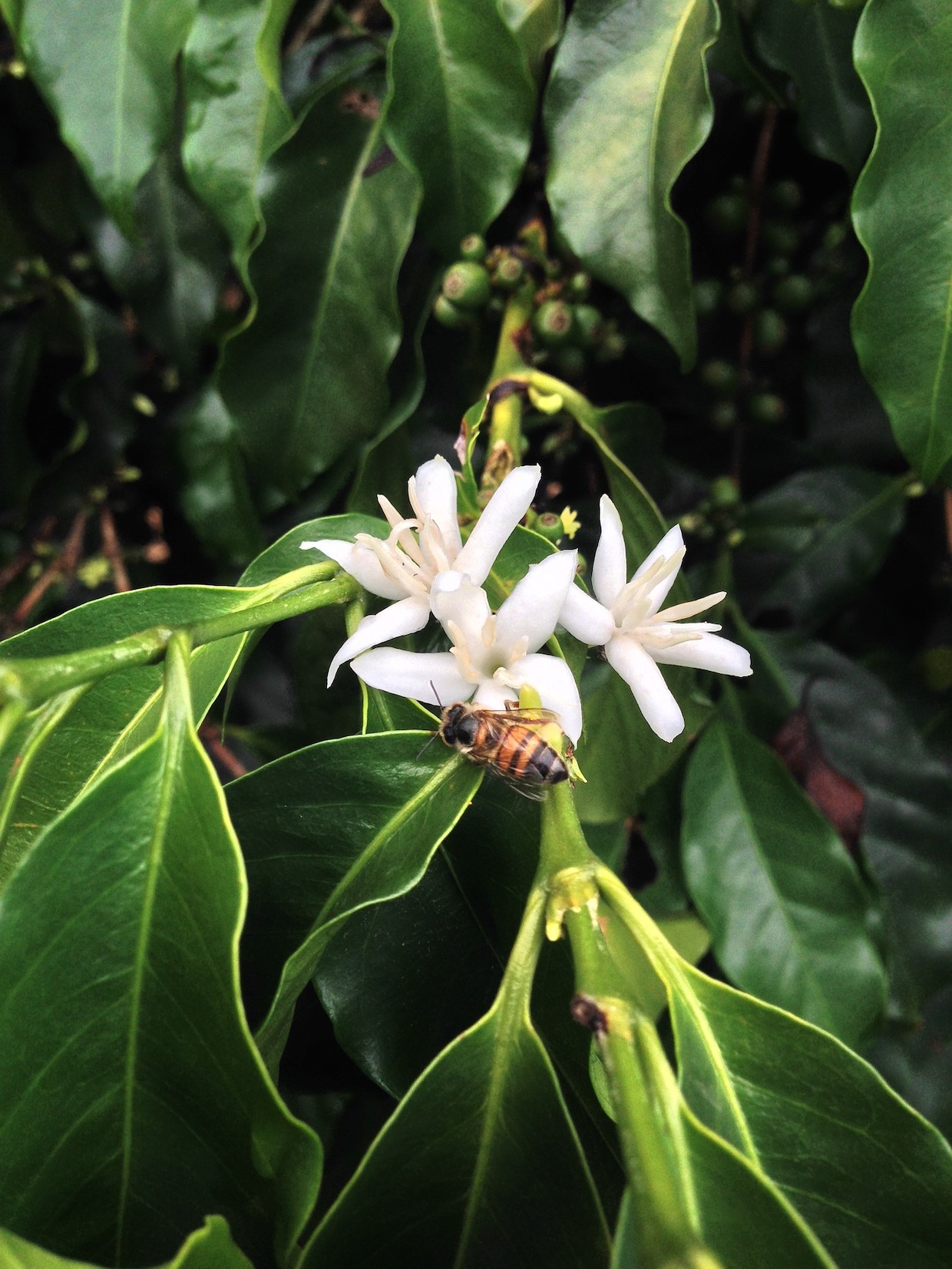A new study involving real-world experiments at 30 coffee farms has found that coffee fruit health and production is dramatically improved with the increased presence of both birds and bees.
The research underscores the need to support agroforestry systems in coffee farming — as opposed to deforested monocrop systems — in order to support biodiversity, plant health, and potentially producer incomes.
Led by researchers from the Costa Rica-based international agricultural research agency CATIE and from the University of Vermont, the study showed that coffee plants produced the healthiest beans and volumes when birds and bees were working in tandem, the former as pest controllers and the latter as pollinators.
Although a 2014 study in Tanzania found similar benefits, the research team said this was one of the first studies to explore how the combined environmental benefits of birds and bees compare with their individual benefits.
Related Reading
- Four-Year BREEDCAFS Project Shows Productivity Plus Quality in Resilient Arabica Hybrids
- Bees Give Coffee Plants a Bigger Boost than Previously Thought, Colombian Study Finds
- New Study Predicts Severe Declines for Coffee as Bees Die Off
“The combined positive effects of birds and bees on fruit set, fruit weight, and fruit uniformity — key factors in quality and price — were greater than their individual effects,” the researchers wrote. “Without birds and bees, the average yield declined nearly 25%, valued at roughly $1,066 per hectare.”
For the experiment, researchers used large nets and small lace bags to control the presence of birds or bees on the 30 coffee farms, creating four scenarios: primarily birds only; primarily bees only; no birds or bees; and a natural environment including birds and bees.
“Until now, researchers have typically calculated the benefits of nature separately, and then simply added them up,” CATIE ecologist and lead author Alejandra Martínez-Salinas of Nicaragua said in an announcement of the study. “But nature is an interacting system, full of important synergies and trade-offs. We show the ecological and economic importance of these interactions, in one of the first experiments at realistic scales in actual farms.”The full study was published last month in the “Proceedings of the National Academy of Sciences” journal.
Do you have coffee-related research to share? Let DCN’s editors know here.
Comment
1 Comment
Comments are closed.




![Low-Res_FINAL Coffee Composite[1].png](https://dailycoffeenews.com/wp-content/uploads/2022/05/Low-Res_FINAL-Coffee-Composite1.png.png)



I beg to differ on your simplified analysis . Here for example at 6500ft in Peru from my experience of growing coffee the range of factors that influence quantity and quality are far greater than two factors birds and bees ! I agree they do play an important role in helping. But the range of factors between ecological and non ecological production for lack of better words is dramatic ! For example i produce organic coffee using ecological practices and produce one tenth the production that my non ecological coffee producers produce !